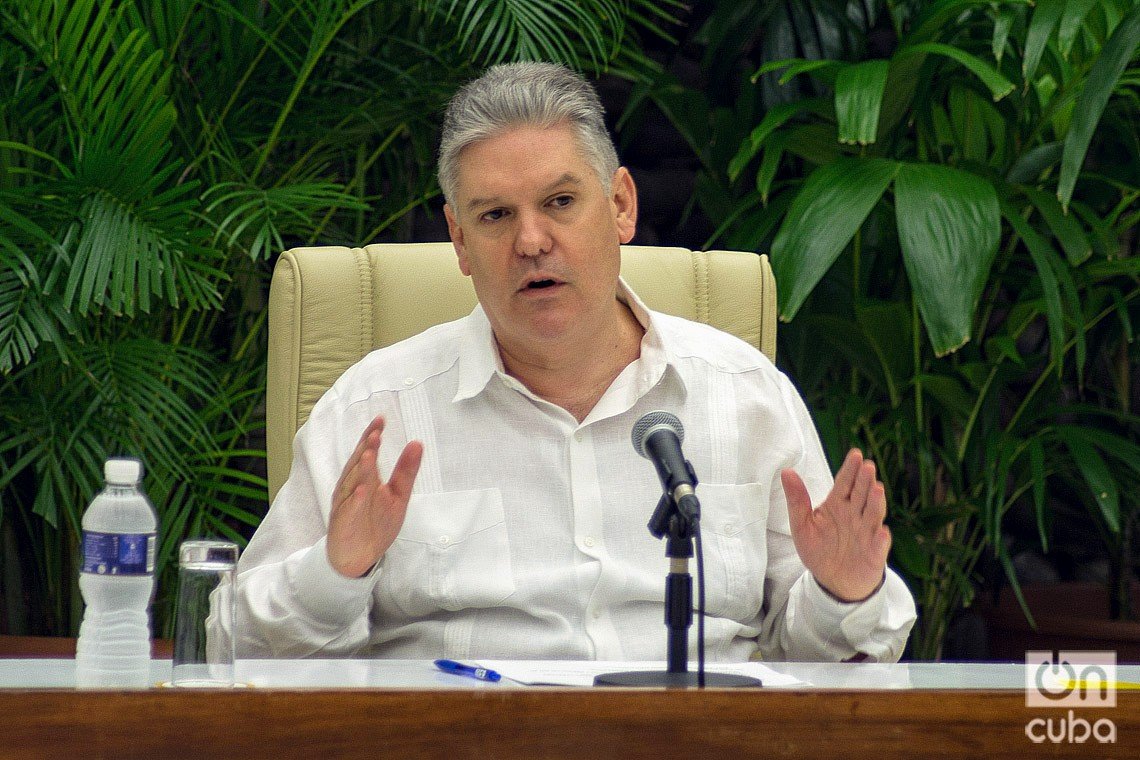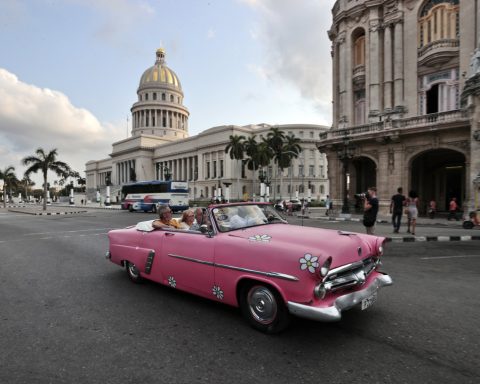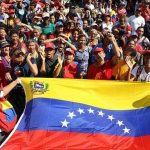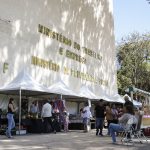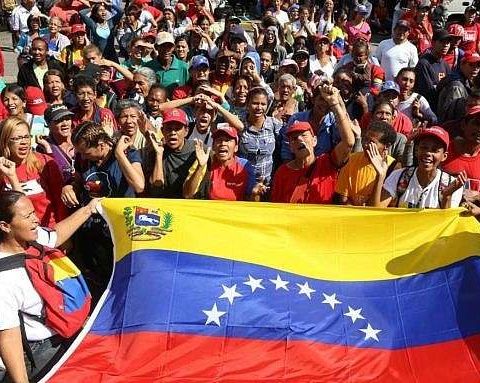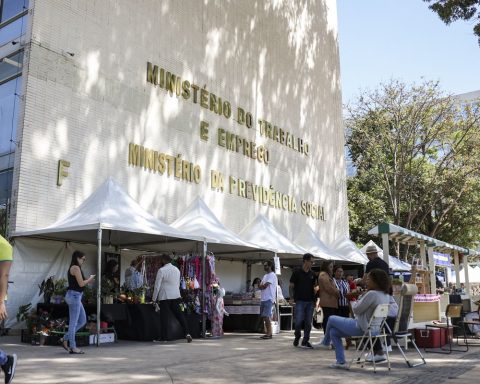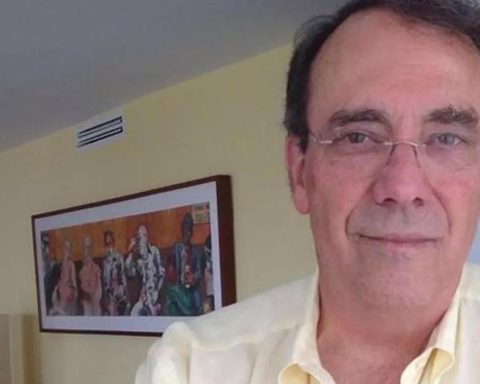The Cuban government planned exports for next year for a value of 9,755 million dollars, in search of achieving a better economic performance in the midst of the crisis that the island is currently going through.
The projection transcended this Sunday in the Economic Commission of the National Assembly of Popular Powerwhich met on this day with the presence of President Miguel Díaz-Canel, as a prelude to the last session of the legislative body in 2022.
The owner of the Ministry of Economy and Planning (MEP)Alejandro Gil Fernández, affirmed before that parliamentary group that the purpose “is ambitious, but necessary”, as reported the agency Latin Press (PL).
#Cuba?? | With the presence of the President of the Republic @DiazCanelB and the vice prime minister @AlejandroGilFthe deputies members of the Committee on Economic Affairs examined this morning the progress of the country’s economy at the end of 2022 and compliance with approved measures pic.twitter.com/dk3G9Whkw7
— National Assembly Cuba (@AsambleaCuba) December 11, 2022
The projected figure translates into a growth of more than 1 billion dollars compared to what was achieved this year, but it is still below the records of 2019, prior to the start of the COVID-19 pandemic, explained the minister.
The head of the MEP considered that to achieve the intended purpose, the behavior of tourism will be vital, a sector that has planned the arrival of 3.5 million international visitors in 2023, after this year lower your forecast from 2.5 million to 1.7 million tourists.
Gil Fernández insisted that “generating income through exports is essential”, since only for the acquisition of food to support the regulated basic basket, the country must invest more than 1,648 million dollars, at current market prices. international.
The highest economic authority of the island also exposed as pillars of the projections “the favorable agreements” signed during the recent international tour of Diaz-Canel and at the International Fair of Havana, as well as the diversification of economic actors in the country.
In addition, he pointed out that the “main efforts” will be aimed at macroeconomic stabilization and pointed out that controlling the current inflation is a “priority objective” of the Cuban government, highlights PL.
According to the data that the also deputy prime minister handled before the deputies, the accumulated inflation from January to October 2022 is close to 29%. In this regard, he recognized that such a phenomenon limits the purchasing power of salaries and pensions, but assured that the solution is not to raise these.
He said that compared to 2021, inflation grows in October to almost 40%, but clarified that this “is not a cause, but an effect of the lack of availability of foreign currency that the country faces, the decrease in production, of the deficit of offers, and also the incidence of theft and speculation”.
Inflation is one of the great problems that mark the prolonged economic crisis in the countryexacerbated by the impact of the pandemic, the United States sanctions, and the ineffectiveness of the measures designed by the Cuban government to overcome the complex situation.
Other projections outlined by Gil Fernández are the gradual restoration of foreign currency financing schemes for the main exporters, the consolidation of the exchange market, the strengthening of fiscal control and the collection of taxes, as well as the implementation of a training and price control to avoid “irrational and abusive prices” that today affect the population.
Similarly, he emphasized the need to stabilize the National Electric System, not only for what it represents for the well-being of citizens, but also for the operation of industries currently stopped due to the deficit in generation capacity experienced this year.
The minister confirmed that the country will continue to care for people in vulnerable situations, and explained that more than 1,000 communities in the country and around 20,000 families currently receive some type of protection.
Gil Fernández’s presentation comes shortly before he officially presents the results of the Cuban economy in 2022 and the plan for 2023 before the plenary session of the National Assembly, and after the economic behavior of the island was analyzed in the recent plenary session of the Central Committee of the Communist Party (PCC).
In that meeting, the head of the MEP acknowledged that despite “a slight recovery”, the results “show that even the measures (taken by the government to face the crisis) do not reach the necessary impact”.
In addition, he assured that in the year ending “the increase in exports that had been foreseen in the plan did not materialize, although it grew” and “they faced an increase in the prices of imports, mainly in food and fuel.” .
